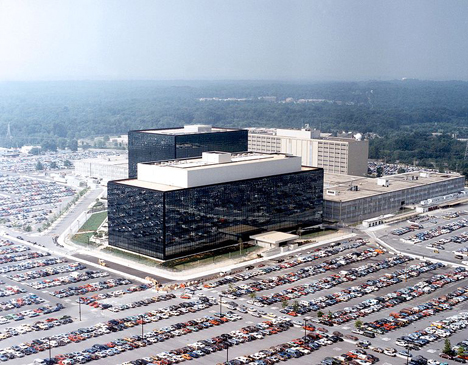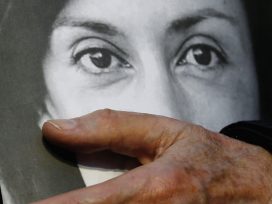Debate on the NSA scandal in France was influenced by two factors: first, a certain anti-Americanism, which still prevails in parts of our political class and public opinion. From this standpoint, the United States is seen – not always wrongly – as an imperialist power, so the revelations did little more than to entrench defiance towards the US. Second, government surveillance in France is seen as inevitable, if not necessary. The tradition of centralized government and the welfare state have created a paradoxical attitude among the citizens of the French state towards its institutions. This is a mixture of trust – the state is here to protect us – and fatalism: we are being watched, but what can we do? Although François Hollande initially condemned the NSA spying, after visiting the United States he assured the public that trust had been re-established, implying that the scandal was now a thing of the past. After that, public attention returned to more “pressing” matters such as the country’s economic situation.

National Security Agency headquarters in Fort Meade, Maryland. Source:Wikimedia
In the wake of Edward Snowden’s revelations, Le Monde published a series of articles on surveillance carried out in France by the French secret services, claiming that the government had responded weakly to the Prism scandal because it was doing exactly the same thing itself. It was revealed that the DGSE (Direction générale de la sécurité extérieure) systematically collected and stored data on French citizens’ communications both in France and abroad. However, these revelations had little or no impact on public debate beyond circles already mobilized on issues of privacy. Some French MPs signed a petition calling on France to give political asylum to Edward Snowden, but this received little attention.
These tendencies were reinforced by the Charlie Hebdo attacks. In the immediate aftermath of the attacks, there was a broad bipartisan consensus on stepping up security. The prime minister Manuel Valls (a former minister of the interior) has repeatedly said that France would strengthen its surveillance apparatus without threatening basic freedoms. However, there was little need to introduce new measures, since in November 2014 the government had already passed an anti-terror law that gave the security services ample leeway to track potential jihadis. The Right has supported most of these measures. Overall, they have met with overwhelmingly support from the French public. A poll found that 71 per cent of the population was in favour of wiretaps without judicial oversight and that 67 per cent approved house searches without a warrant.
Since the January attacks, the Web has increasingly been represented by the authorities as a breeding ground for terrorists: surveillance of the Internet is perceived as a necessity, though often with no clear idea about how far it should go. The new anti-terror laws include measures aimed at eliciting more cooperation from private companies like Facebook or YouTube. The government has also launched a campaign to “stop jihadism”, inviting citizens to inform on youngsters who are become “radicalized” by – among other things – spending too much time on the internet.
Despite its inherently international dimension, security and surveillance is still very much perceived as a national issue and as one of the sovereign functions of the state. There is therefore very little debate on privacy policy at the EU level and little is known about initiatives such as the Data Protection Regulation. This is not to say that the French are wholly insensible to the issues of privacy and data protection. In fact, France was among the first three countries (along with Germany and Sweden) to establish an independent data protection authority: the CNIL (national commission on informatics and liberty), created in 1978. France was also instrumental in the crafting the notion of droit à l’oubli, which was applied to Google in 2014 by the European Court of Justice. The French are the ones who have sent the most requests for removal of content: 17,000 between May and July 2014.
When it comes to private surveillance and tracking – especially by American companies – there appears to be more awareness. How far this goes is another question, since politicians are woefully devoid of interest and competence in these fields. Despite the creation in 2013 of the French Digital Council (Conseil national du numérique – CNNum), there is much to be done to raise public awareness on issues of privacy and data protection. Encryption classes are coming to France and there are organizations and activist groups who lobby for net neutrality, such as La Quadrature du net. However they remain on the margins of public debate.
Arguing against excessive surveillance has never been easy in France. Now is the worst possible times for doing so: which doesn’t mean we shouldn’t.
For more on this issue see the online video of the debate organized by Esprit on surveillance and freedom on the Internet.







